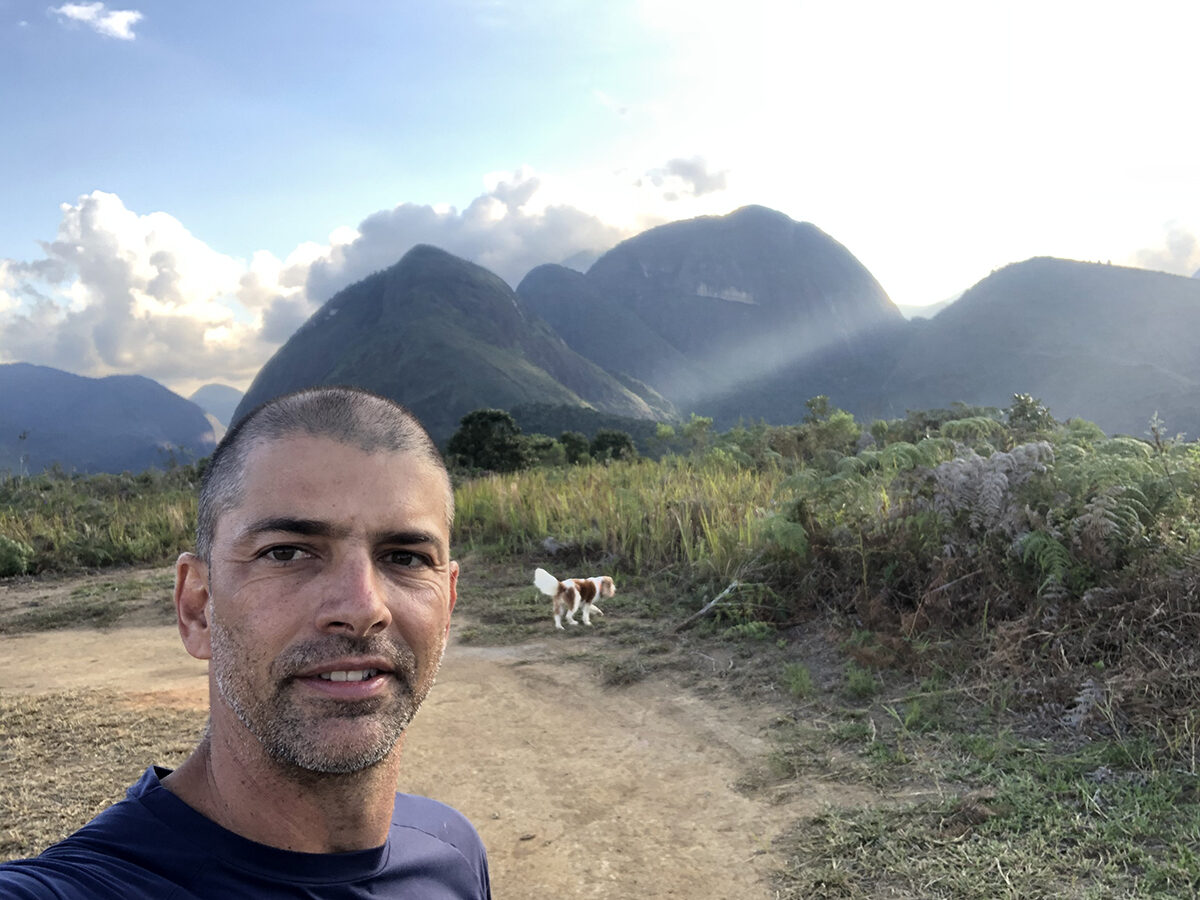Wolff Klabin ’92

As a social entrepreneur, Wolff Klabin ’92 has long been attuned to the needs of his fellow Brazilians. It was only natural, then, that when the COVID-19 pandemic hit, Klabin immediately got to work, helping establish União Rio (United Rio). It’s a collaboration among individuals and a handful of nongovernmental organizations to provide food for hungry people in Rio de Janeiro, the city of 13 million, and furnish hospitals with needed medical supplies, including personal protective equipment.
“We’re putting all our energy in to help,” says Klabin. “We quickly realized the epidemic was going to have terrible consequences here, so we joined forces with specialists in the health sector.” Getting the NGOs — Instituto da Criança, Instituto Desiderata, Ekloos, Philantropia Inteligente, and Banco de Providencia, which focus primarily on human rights, health care and education — on board meant the infrastructures needed to conduct outreach were already largely in place, allowing the group to concentrate on fundraising.
“We live in a very poor country. For people in the favelas, it’s not just about not having any beds in the hospital, but about not having food to eat,” Klabin says. Roughly 100 reals (currently equivalent to about $20 U.S.) will feed a family of four for a month; União Rio is giving 100-real vouchers to families to use at local markets. Funds come from individual donations solicited by Klabin and his partners, as well as from celebrity asks and televised live music events. As of the end of April, they had raised close to 40 million reals — “a lot of money for Brazil”— from more than 4,000 largely individual donors.
“It’s really beautiful to see this current of solidarity,” says Klabin.
The money has also covered the purchase of 60,000-plus masks for health care professionals and local police. But the bulk of the União Rio budget — R$16 million — is earmarked for hospital beds: 200 will be provided for a temporary hospital to treat people with COVID-19 and another 60 will go to an existing hospital’s ICU.
Some of the organization’s accomplishments are centered around making connections. Klabin says one Rio hospital had no ventilators, while another had ventilators and no need for them. Learning of this imbalance, a União Rio member who’s a doctor collected and transported the unused ventilators in his car to the hospital with patients in need.
When Klabin first arrived in the United States at age 15, sent because his parents wanted him to have greater educational opportunities, he didn’t speak English. A five-month intensive English course in Norman, Oklahoma, prepared him for two years at Exeter, where, among other activities, he hosted a Brazilian music program on WPEA.
“I always felt very privileged, and also like an ambassador-representative of my country,” says Klabin. He went on to study government at Harvard before returning to Brazil and a job at JP Morgan. He left it after two years, and since then, he’s focused on social entrepreneurialism. Programs he’s founded or co-founded include Prep Estudar Fora, which supports underprivileged, high-performing public-school students. To date, it’s successfully guided more than 400 Brazilian scholars through the U.S. college admissions process, including paying application fees. Klabin serves as mentor to a student each year. He also co-founded Renova, a training program to help people understand how to run for political office. Last year alone, the organization prepared 120 candidates; 17 were elected to Brazil’s National Congress. More recently, Klabin founded Alexia Ventures to support entrepreneurs who “focus on large, capital-efficient disruptions that are often counter-cyclical and outside of ‘hype cycles.’”
All of that was put on hold when the COVID-19 crisis began.
“We’re trying to do our part,” says Klabin, who adds that União Rio’s successes have inspired the creation of similar movements in some 20 other states around Brazil.
“It makes us proud, but it also makes us frustrated we can’t do more. The state has a scale, but it’s slow to move, so we’re stepping in as a bridge. We’re just trying to save lives and move forward.”
— Sarah Zobel